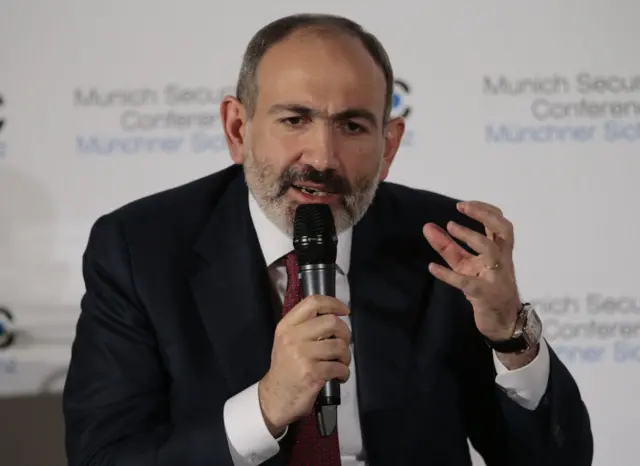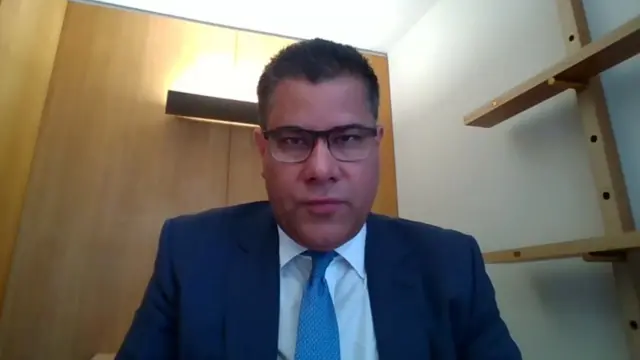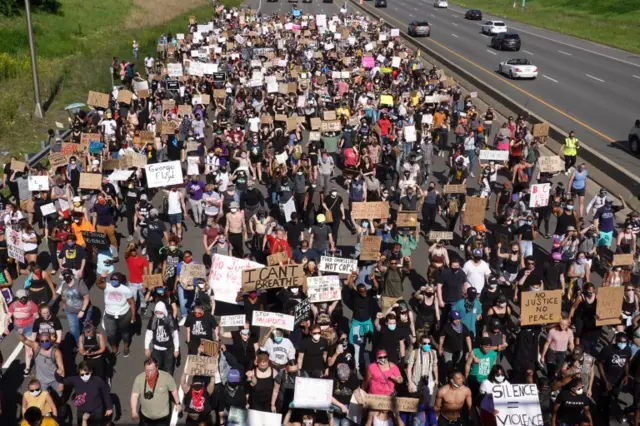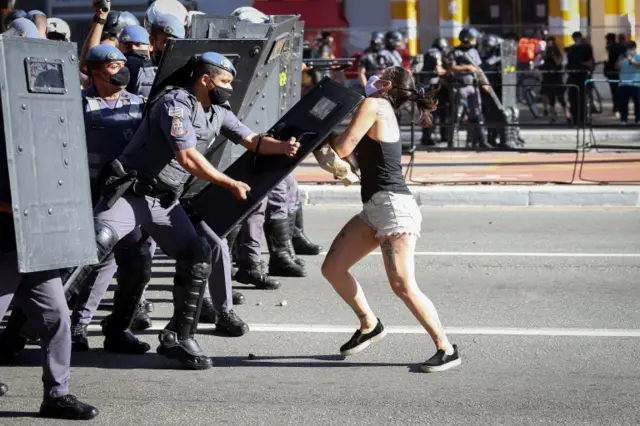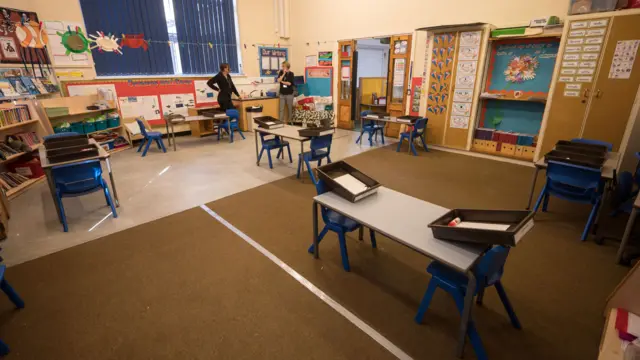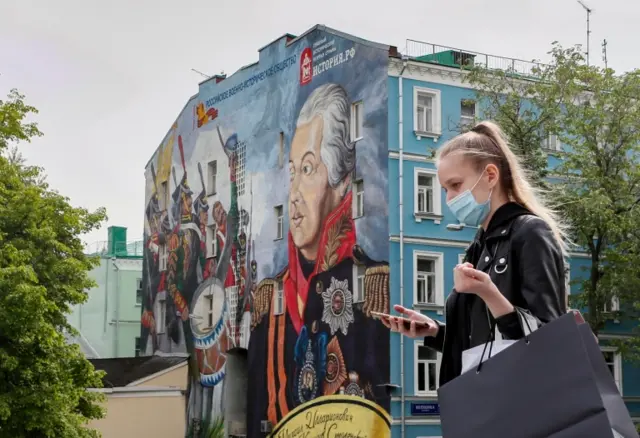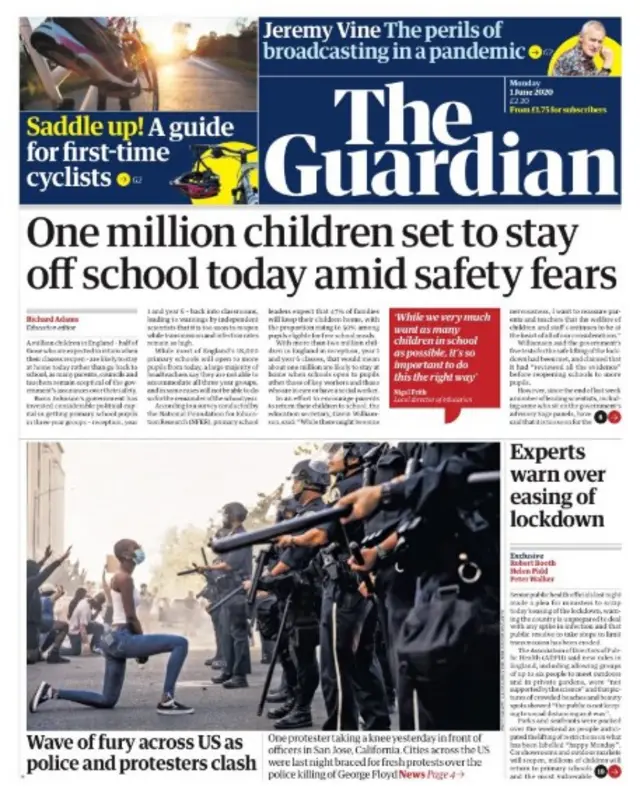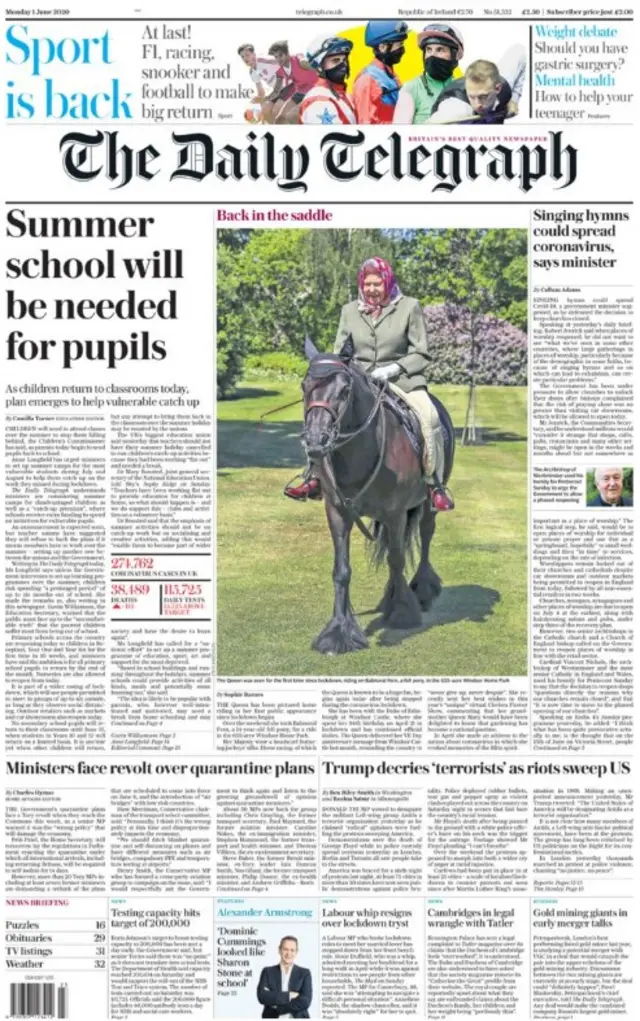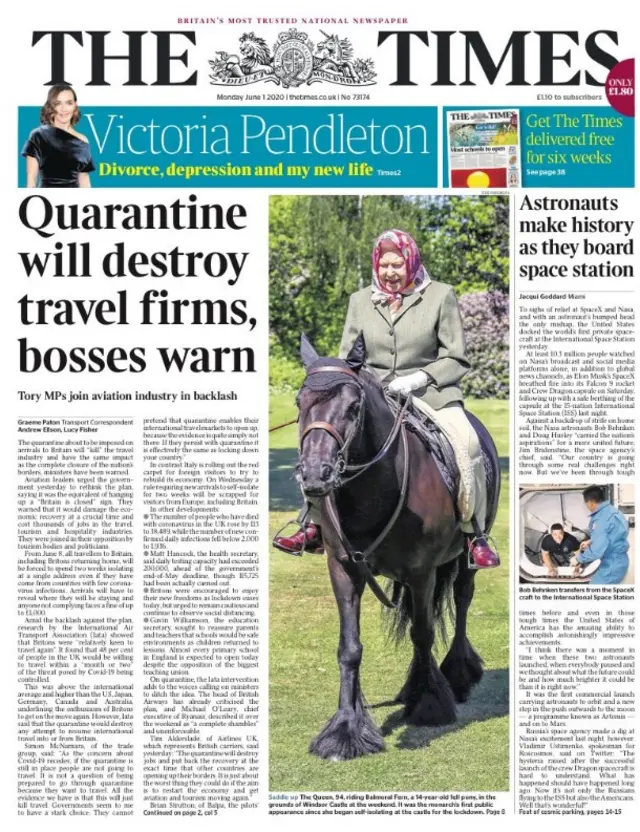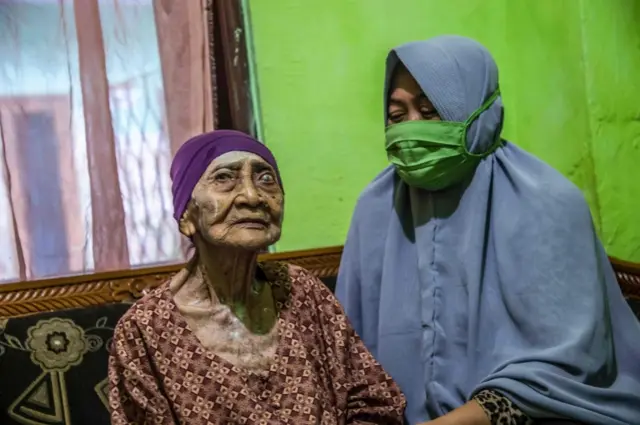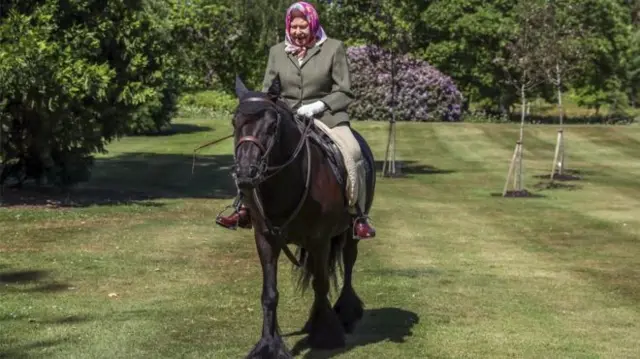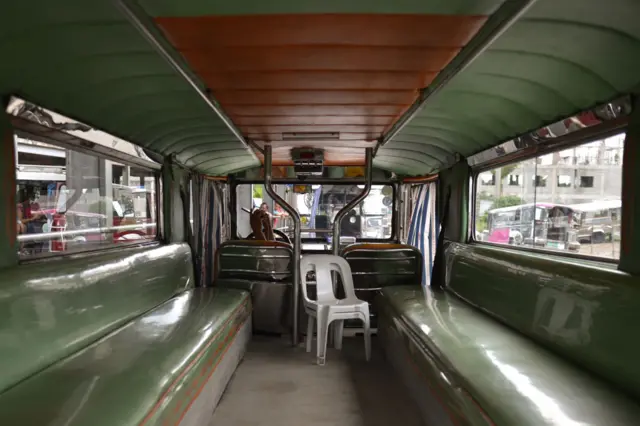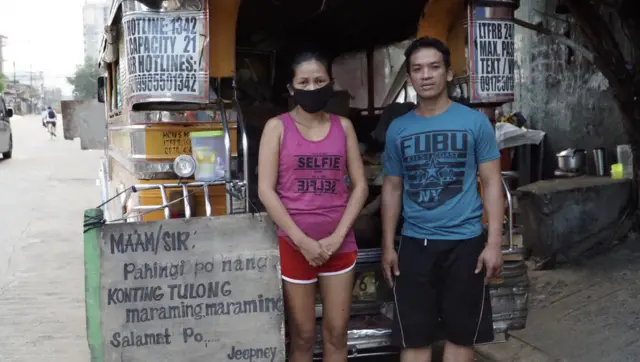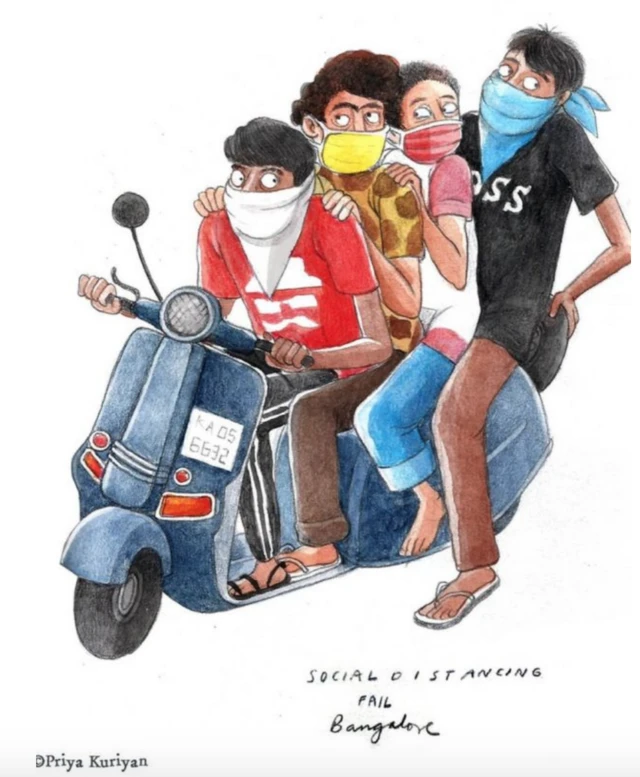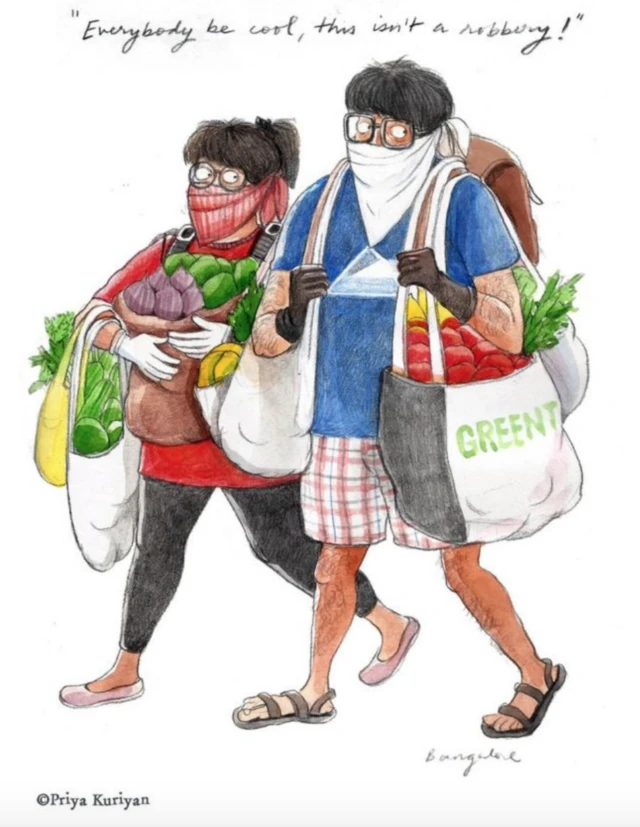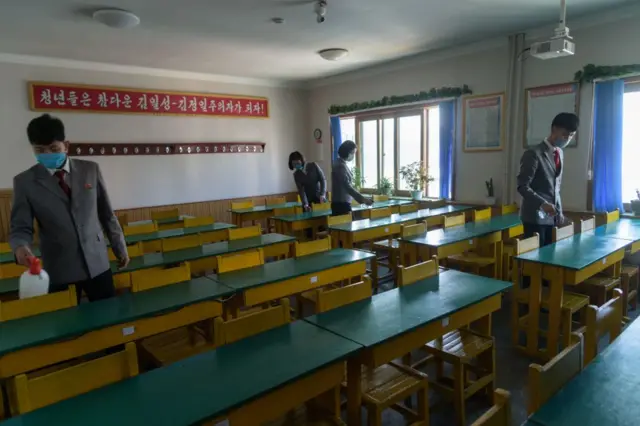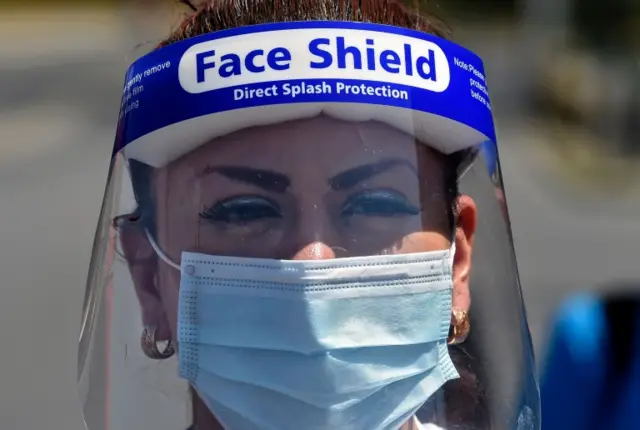Inside a UK school as more children returnpublished at 08:59 BST 1 June 2020
Judith Burns
Education reporter
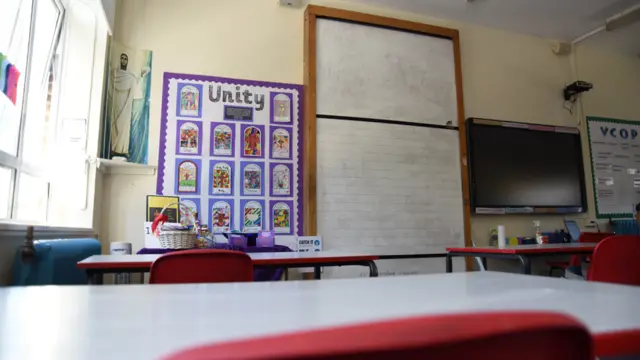
Windows are kept open to let in fresh air and reduce the risk of the virus spreading
"You look like you’ve grown, Arthur," says teacher Catherine Hughes to a reception pupil who hasn’t been in school since March.
"Are you excited to be back?" asks Helen Frostick, head teacher of St Mary Magdalen’s Catholic School in West London, to another.
The school is expecting to welcome back 70 pupils who were last in school in late March, alongside 15 children of key workers who have been coming in throughout the lockdown.
The classrooms have been completely reorganised, with desks in rows, facing forwards, instead of pushed together into big tables.
There’s lots of hand-washing, and the windows are open to let in as much fresh air as possible to keep the virus at bay. Teachers are expecting a busy morning as children get used to the new regime.
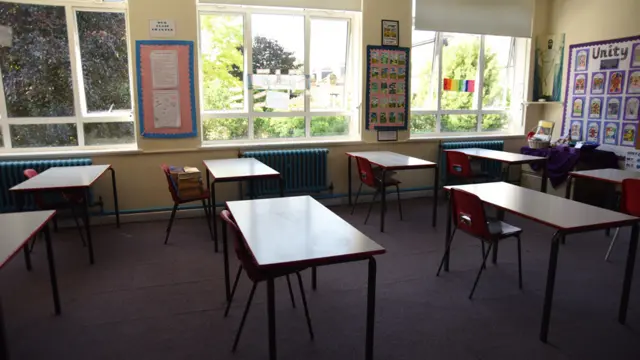
Classrooms have been reorganised, with desks in well-spaced rows instead of groups
